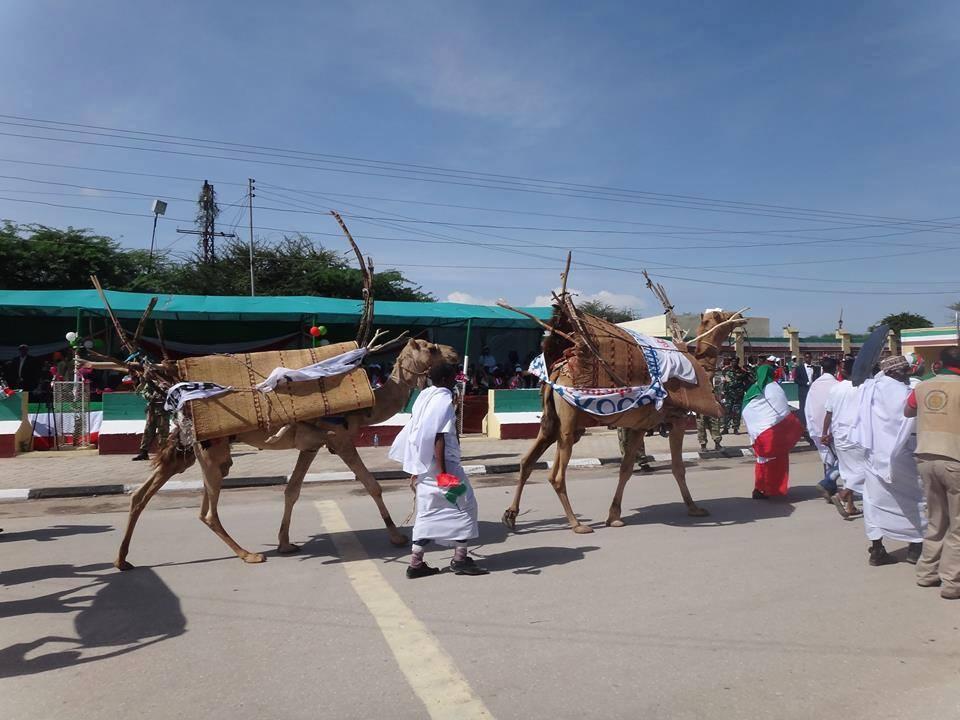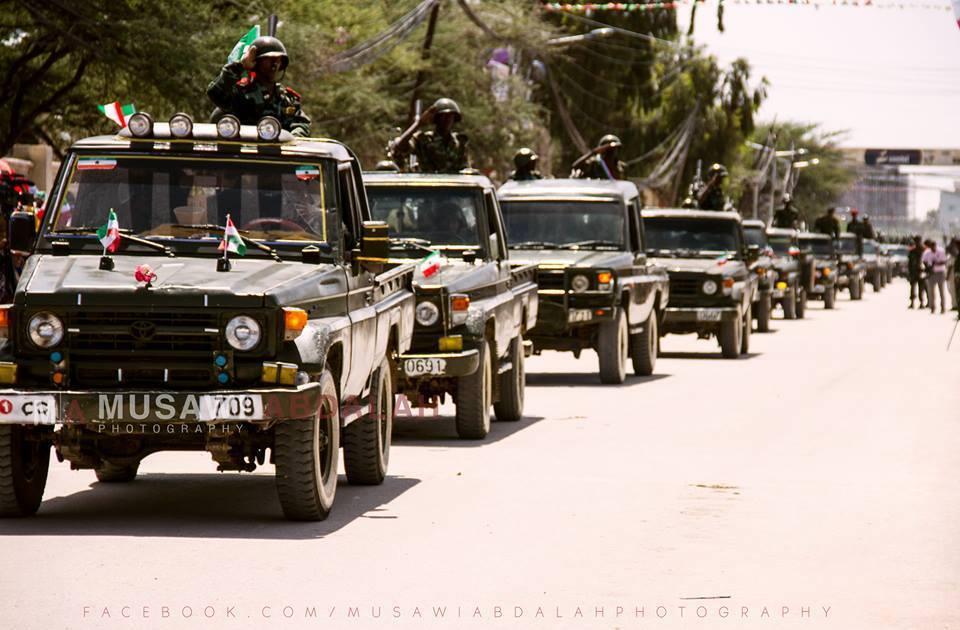Zaki Raheem explains why more diaspora investors are exploring business opportunities in Somaliland

Somali-born Hamsa Haji Hussein, who grew up in the United Kingdom, moved back in 2009 to a small farming community near the town of Burao in Somaliland. Inheriting his father's land, he set out to boost the 3,000 hectare (7410 acre) farm's productivity through livestock rearing.
"It became clear to me that if I was going to grow fodder, I would need to regain the livestock trade that my father was engaged in before the civil war," he said. "But because I grew up in the UK, I had to first learn how business is conducted here. The longer I stayed, the more opportunities I saw."
More than 20 years after the Somali civil war and Somaliland's self-declaration of independence, the region has made positive strides toward fostering a favorable investment climate. However, the lack of awareness of Somaliland's peace, stability, and economic potential remains a major barrier to foreign direct investment. According to the World Bank, Somali diaspora send more than $1bn back to their homeland every year. However, the majority of the money is consumed, not invested.
This trend is changing as young educated Somali diaspora like Hussein become more representative of a new type of investor exploring their homeland.

Prior to the fall of Siad Barre's regime in Somalia, all banks were owned by the state. When Somaliland declared its independence, the government did not prioritize establishing a commercial banking sector or a regulatory environment to develop financial services. Today Somaliland remains one of the few places in the world with no commercial banking sector; access to capital is a major constraint to private sector development. A few large businesses have access to formal or informal foreign investor shareholder agreements — mostly from Middle Eastern investors — while informal micro-enterprises often rely on savings groups and small-scale buyer-supplier credit models. Small and medium enterprises have limited options.
Somaliland's people have witnessed a great deal of progress over the last 20 years. Peace has been restored through the region's own efforts; democratic systems have been established and have continued to evolve after five successful elections at the presidential, parliamentary, and local government levels; universities — including graduate programs — are expanding and linking with institutes in sectors such as medicine, engineering, agronomy, IT, and finance; and security forces protect the population from terrorism and organized crime.
The Somaliland Ministry of Trade and International Investment recently launched its first-ever Investment Guide, an online tool created with support from the U.S. Agency for International Development (USAID) Partnership for Economic Growth program. The guide was introduced alongside the Ministry's newly established Investment Department and is an indication of the increased stability and economic opportunity.
"The creation of this document and web portal is a signal to local, diaspora, and foreign investors that Somaliland is 'open for business,'" said Somaliland president Ahmed Mohamed Mohamoud "Silanyo." In addition to outlining the process of investing in Somaliland, the guide provides business case studies on opportunities in the livestock, agricultural, energy, salt, and fisheries sectors.
To complement this effort, Somaliland has been reforming its cumbersome regulatory framework to enable investments. In 2012, Somaliland passed a law that established a central bank. In addition, important legislative initiatives — such as pro-business amendments to the Foreign Investment Law, Islamic Banking Law, Electrical Energy Act, and Commercial Banking Act — have been passed or are making their way through parliament.
Local, diaspora, and foreign investors are all exploring innovative ways to invest, and Somaliland has deepened its economic engagement with foreign governments. Negotiations are under way to finalise the first official bilateral strategic cooperation agreement with Ethiopia; and Somali diaspora in Djibouti have invested heavily in Somaliland's economy, including $15m in a Coca-Cola factory.
Livestock exports mainly to the Gulf States account for around 60% of Somaliland's national income, but great potential exists for Somaliland to capture further market share. The region has a fishery sector with potential annual sustainable production is estimated at 40,000 tonnes. Through new technologies, drought-resistant crops, better practices and research, Somaliland's agricultural sector in horticulture and staple crops offer opportunities.
Somaliland's deposits of oil, gas, and coal are attracting the attention of international investors, and agreements have been reached with Genel, DNO, and Ophir over exploration and production rights.
There is also huge potential for renewable energy. Pilot projects in wind and solar energy are under way, including a public-private partnership for a wind farm to power the Egal International Airport in Hargeisa.
As Somalilanders honor their May 18th Independence Day, the present moment seems full of promise. As the business environment continues to improve, more diaspora and foreign investors will surely continue to co-invest with local businesses and grow the local economy.
Zaki Raheem worked for two years as the private sector specialist and deputy program manager for the DAI-implemented Partnership for Economic Growth program in Hargeisa.



